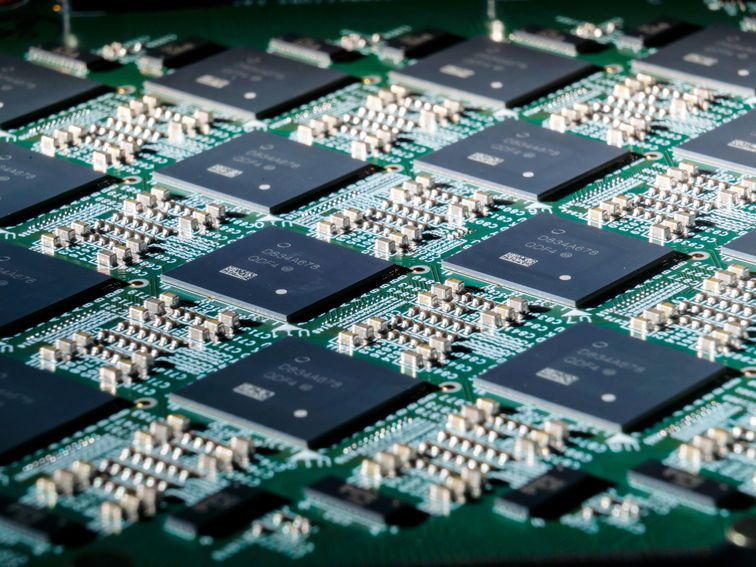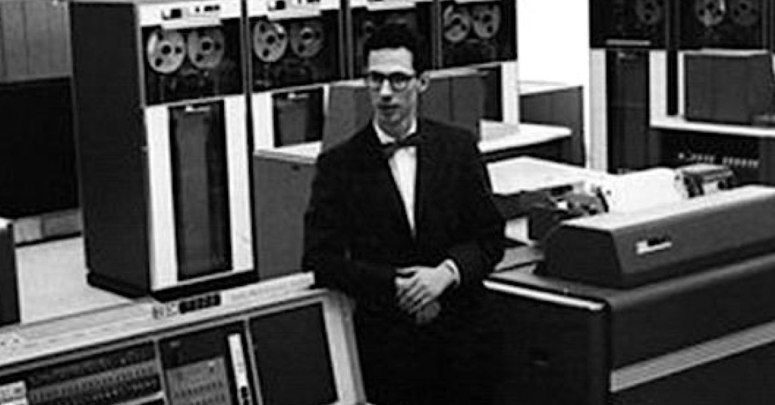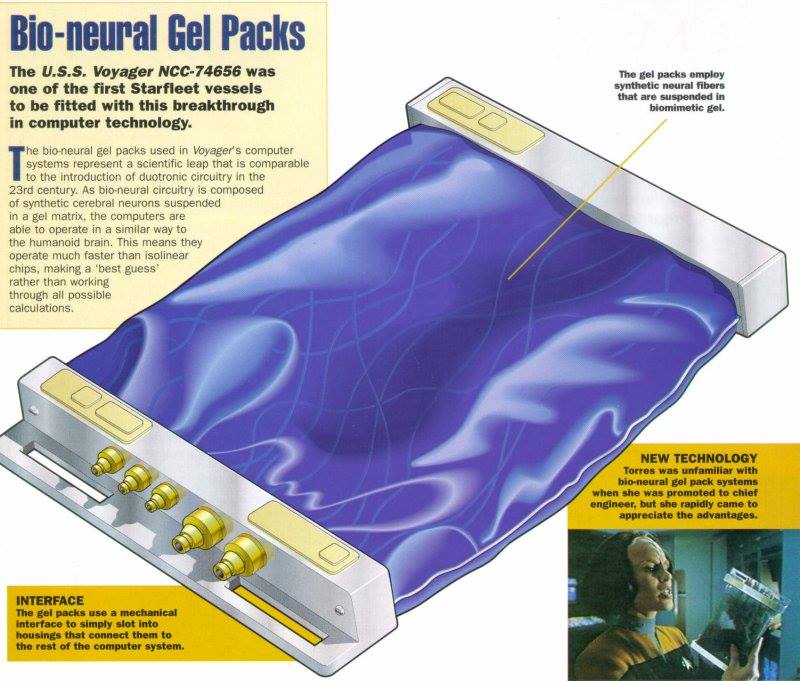With 64 Loihi processors, Intel packs 8 million digital neurons into one computer.


Play some video games.
By converting our sims to HTML5, we make them seamlessly available across platforms and devices. Whether you have laptops, iPads, chromebooks, or BYOD, your favorite PhET sims are always right at your fingertips.
Become part of our mission today, and transform the learning experiences of students everywhere!
PhET Quick Tips

In an incredible first, scientists have captured the world’s first actual photo of quantum entanglement — a phenomenon so strange, physicist Albert Einstein famously described it as ‘spooky action at a distance’.
The image was captured by physicists at the University of Glasgow in Scotland, and it’s so breathtaking we can’t stop staring.
It might not look like much, but just stop and think about it for a second: this fuzzy grey image is the first time we’ve seen the particle interaction that underpins the strange science of quantum mechanics and forms the basis of quantum computing.

The ORION™ Non-Linear Junction Detector (NLJD) detects the presence of electronics, regardless of whether they are radiating, hard wired, or even turned off. Electronics containing semi-conductor properties return a harmonic signature the ORION NLJD can detect when radiated with RF energy. An NLJD detects physical properties, and not energy emissions. Therefore, devices that contain circuit boards and their components, like cell phones, video cameras, and microphones can be detected by the ORION NLJD.
How does a non-linear junction detector work?
The NLJD antenna head is a transceiver (transmitter and receiver) that radiates a digital spread spectrum signal to determine the presence of electronic components. When the energy encounters semi-conductor junctions (diodes, transistors, circuit board connections, etc.), a harmonic signal returns to the receiver. The receiver measures the strength of the harmonic signal and distinguishes between 2nd or 3rd harmonics. When a stronger 2nd harmonic is represented on the display in red, it indicates an electronic junction has been detected. In this way, a hand-held ORION is used to sweep walls, objects, containers, furniture, and most types of surfaces to look for hidden electronics, regardless of whether the electronic device is turned on.



Early this morning, I was asked this question at Quora. It’s a pretty basic request of network administrators, including parents, schools and anyone who administers a public, sensitive or legally exposed WiFi hot spot.
Is there a quick and easy way to view, log, or otherwise monitor the web sites visited by people on your home or office network?
Yes. It’s free and and it is pretty easy to do.
It gets a bit trickier, if the individual on your network is using a VPN service that they have configured on their device.[1] A VPN does not stop you from logging their browsing, but all of their activity will point to the VPN address instead of the site that they are actually visiting. In that case, there is another way to monitor their activity. See note #1, below.

I call them “BATS”.
Can bacteria generate radio waves?
On the face of it, this seems an unlikely proposition. Natural sources of radio waves include lightning, stars and pulsars while artificial sources include radar, mobile phones and computers. This is a diverse list. So it’s hard to see what these things might have in common with bacteria that could be responsible for making radio waves.
But today, Allan Widom at Northeastern University in Boston and a few pals, say they’ve worked out how it could be done.

The biological computer is an implantable device that is mainly used for tasks like monitoring the body’s activities or inducing therapeutic effects, all at the molecular or cellular level. This is made up of RNA, DNA and proteins and can also perform simple mathematical calculations.
DNA computing is a branch of computing which uses DNA, biochemistry, and molecular biology hardware, instead of the traditional silicon-based computer technologies. Research and development in this area concerns theory, experiments, and applications of DNA computing.
https://www.wired.com/…/finally-a-dna-computer-that-can-ac…/
ð ð½

In many projects there comes a time when you’ll need to store some data off-line. It may be a requirement or just an improvement for your users, but you have to decide which of the available storage options you will use in your application. This article will help you choose the best one, for your app.
Introduction
HTML5 introduced a few off-line storage options. AppCache, localStorage, sessionStorage and IndexedDB. Every one of them is suitable for a specific use. For example, AppCache can boost your application or let some parts of it work without an Internet connection. Below, I will describe all of these options and show a few code snippets with example usage.